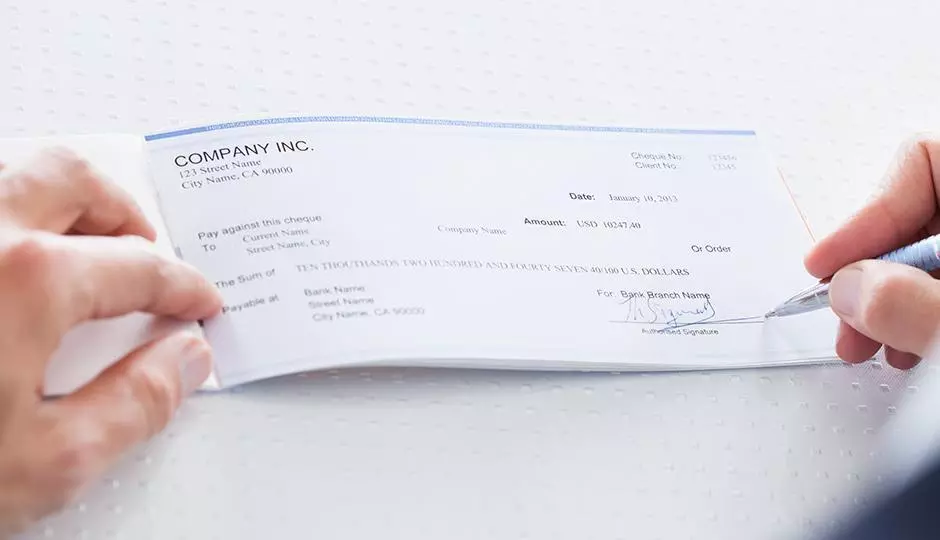Unlike other creditors, the IRS has unprecedented power to collect unpaid debts. In fact, the IRS doesn’t have to seek court approval to file a lien or seize your property to satisfy your debts. Whereas an IRS tax lien is a claim on the taxpayer’s property, an IRS levy is much more intrusive and involves the actual seizure of a taxpayer’s property.
A wage garnishment is one of the most common forms of an IRS “seizure.” The IRS can collect your outstanding tax debts simply by serving a piece of paper, a wage levy or garnishment, on your employer. Once your employer receives a Notice of Levy, then your employer is legally required to send a portion of your paycheck to the IRS. In fact, your employer can be held personally liable plus a 50% penalty if they don’t comply with the IRS levy notice.
Few things can be more debilitating than an IRS wage garnishment. However, there are several circumstances that require the IRS to release a wage levy. For example, the IRS is required to release a wage garnishment if it causes an “economic hardship.” In addition, there are also options that can prevent the IRS from issuing a wage garnishment to begin with.
A wage levy can be financially devastating and immediate action is required. If the IRS is garnishing your wages or you’ve received an IRS letter threatening to issue a levy soon, we can help.























